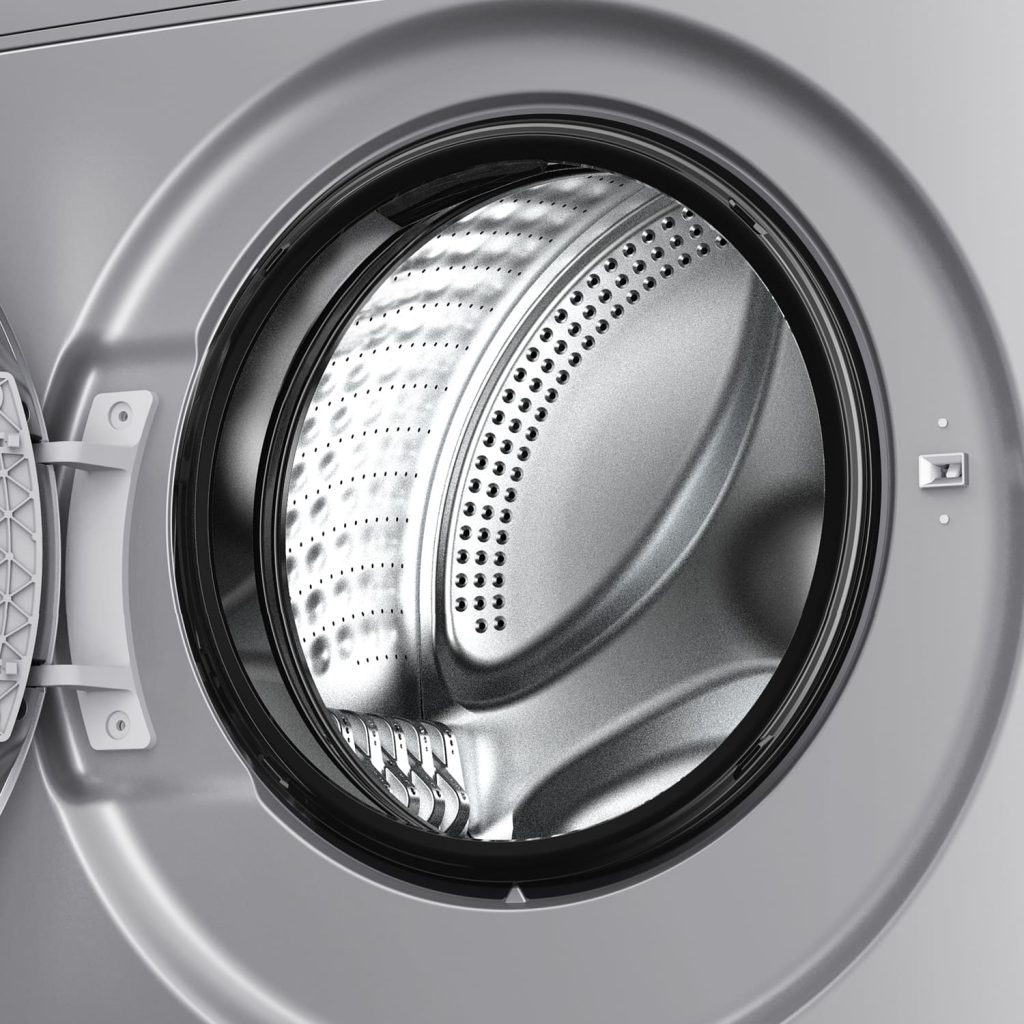The modern washing machine has come a long way from its humble beginnings, evolving into a powerful and efficient household appliance. In the fast-paced world we live in today, where time is a precious commodity, the washing machine has adapted to meet our needs, redefining efficiency in the process. The story of the washing machine’s evolution is a testament to human ingenuity and our constant pursuit of efficiency. Early washing machines were manual, labor-intensive devices that required significant effort to operate. Women would spend hours scrubbing clothes against washboards, a physically demanding and time-consuming task. The first breakthrough came with the invention of the electric washing machine in the early 20th century. However, these early machines were still relatively inefficient and consumed a substantial amount of water and energy. The evolution has seen the introduction of front-loading machines, top-loading machines, and even compact and portable options.

Over the years, advancements in technology and engineering transformed washing machines into sophisticated appliances that can handle a wide range of fabrics and stains. Today, washing machines come equipped with an array of features, making them efficient, convenient, and user-friendly. Efficiency in the context of modern washing machines is a multifaceted concept.
Water and Energy Consumption – Efficiency begins with water and energy consumption. Traditional washing machines used copious amounts of both, but modern machines are designed to be much more economical. Many models come with energy-saving features, such as variable spin speeds and temperature controls, which allow users to customize their wash cycles according to the load and its level of dirtiness. Front-loading machines, in particular, are known for their water and energy efficiency.
Time-Saving Features – The busy lifestyles of today’s consumers demand quick and effective solutions. Washing machines have evolved to include time-saving features such as express wash cycles and pre-soak options. These features reduce the overall time required to do a load of laundry, ensuring that your clothes are cleaned without sacrificing your valuable time.
Space Optimization – With urban living spaces becoming smaller, modern washing machines are designed to maximize space efficiency. Compact and stackable models are now available, allowing consumers to have a washer and dryer in small apartments or even closets. This adaptation has made laundry more accessible for those living in compact urban environments.
Advanced Cleaning Technology – New washing machines are equipped with advanced cleaning technology. They use agitators, impellers, or drum movements to thoroughly clean clothes, removing even stubborn stains. Some models even incorporate steam cleaning technology to sanitize and refresh garments.
Connectivity and Smart Features – WW90T534AAW Autodose washing machines are now integrated with smart technology. You can control your washer remotely through smartphone apps, receive notifications when your laundry is done, and even troubleshoot issues with the help of error codes displayed on the machine’s digital screens. These features enhance the convenience and efficiency of the laundry process.
Environmental Considerations – In an era of increased environmental awareness, many consumers are looking for eco-friendly options. Modern washing machines offer eco-cycles that reduce water and energy consumption, promoting sustainability without compromising on cleanliness.

